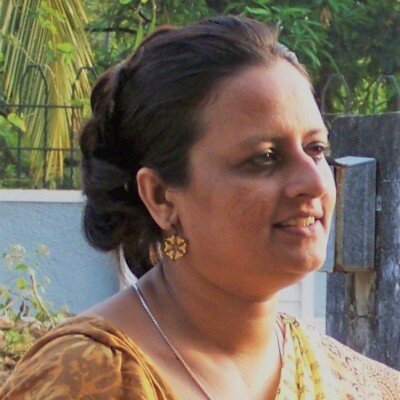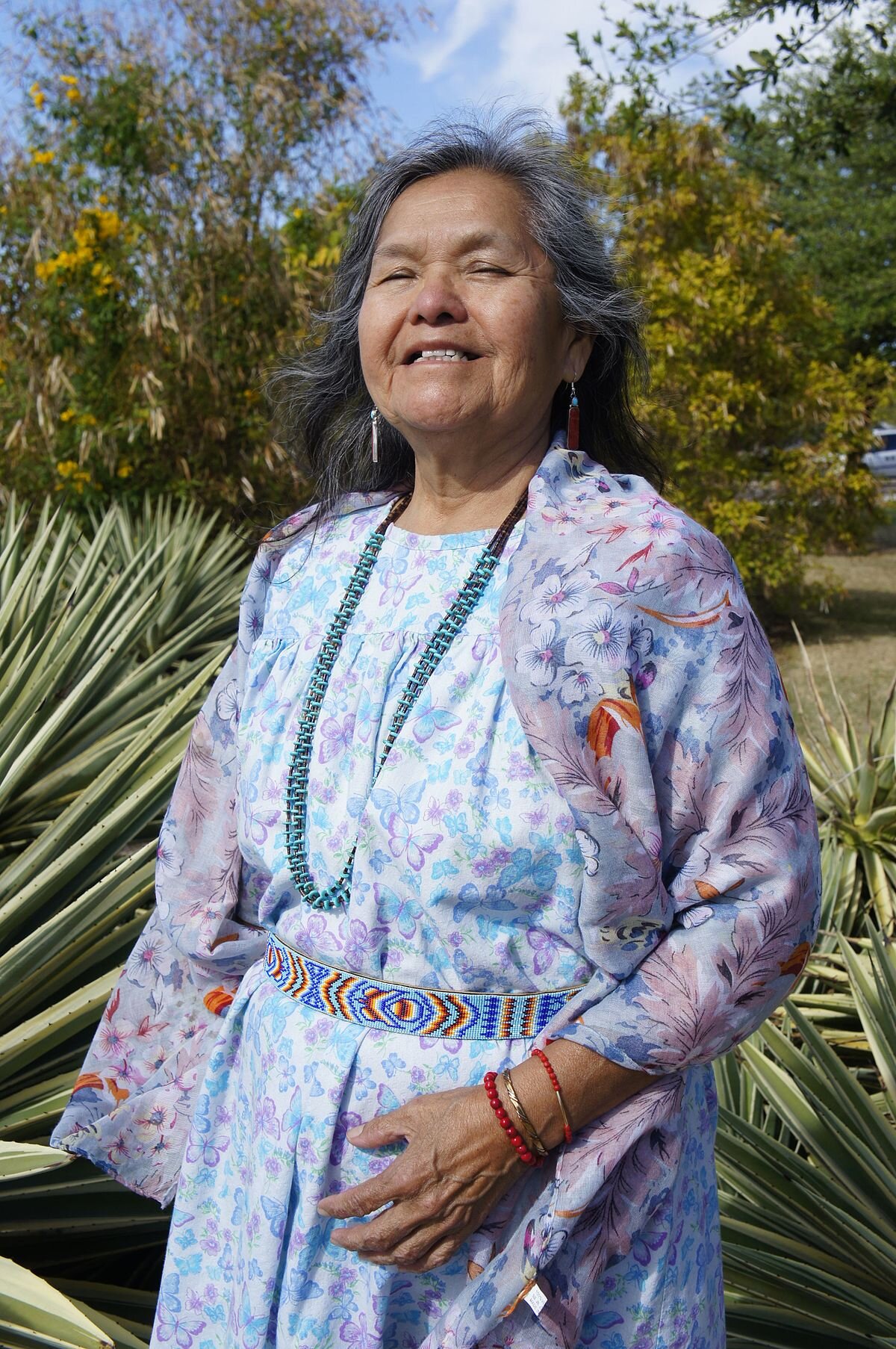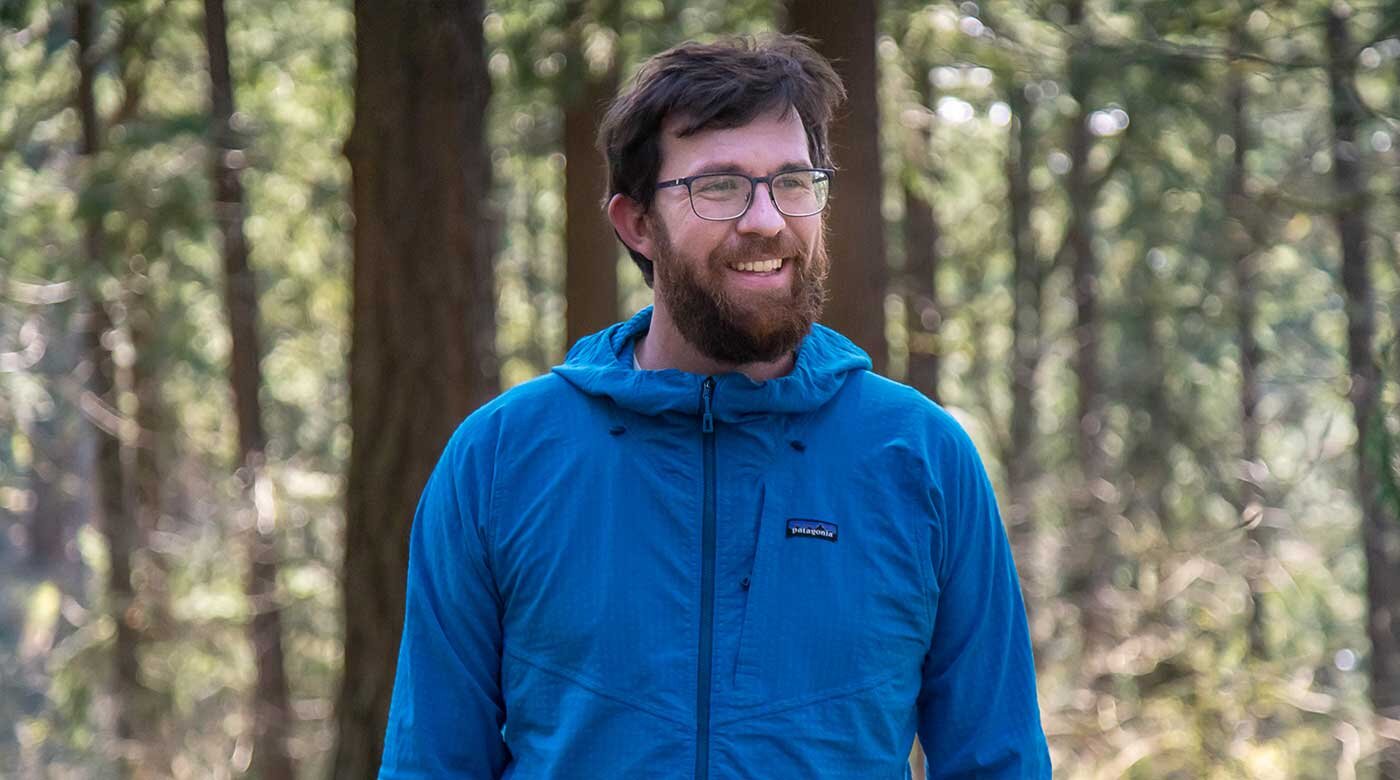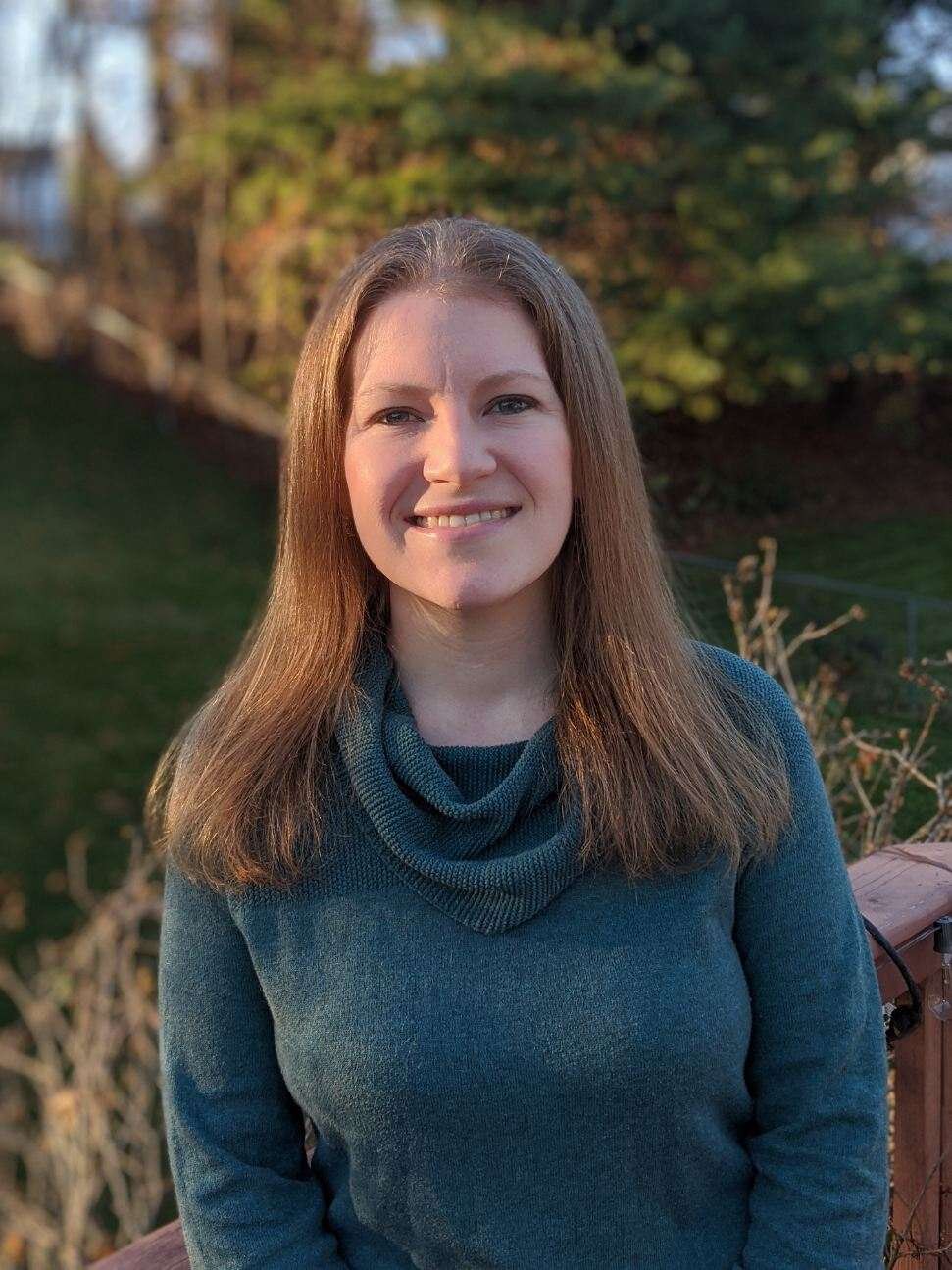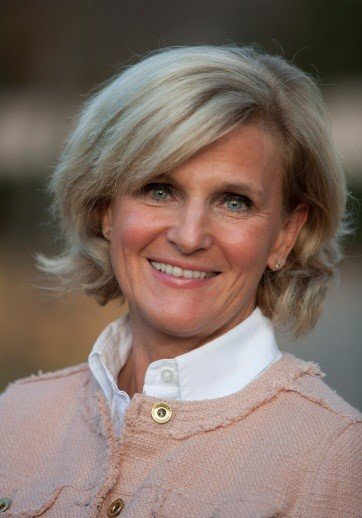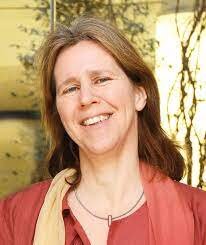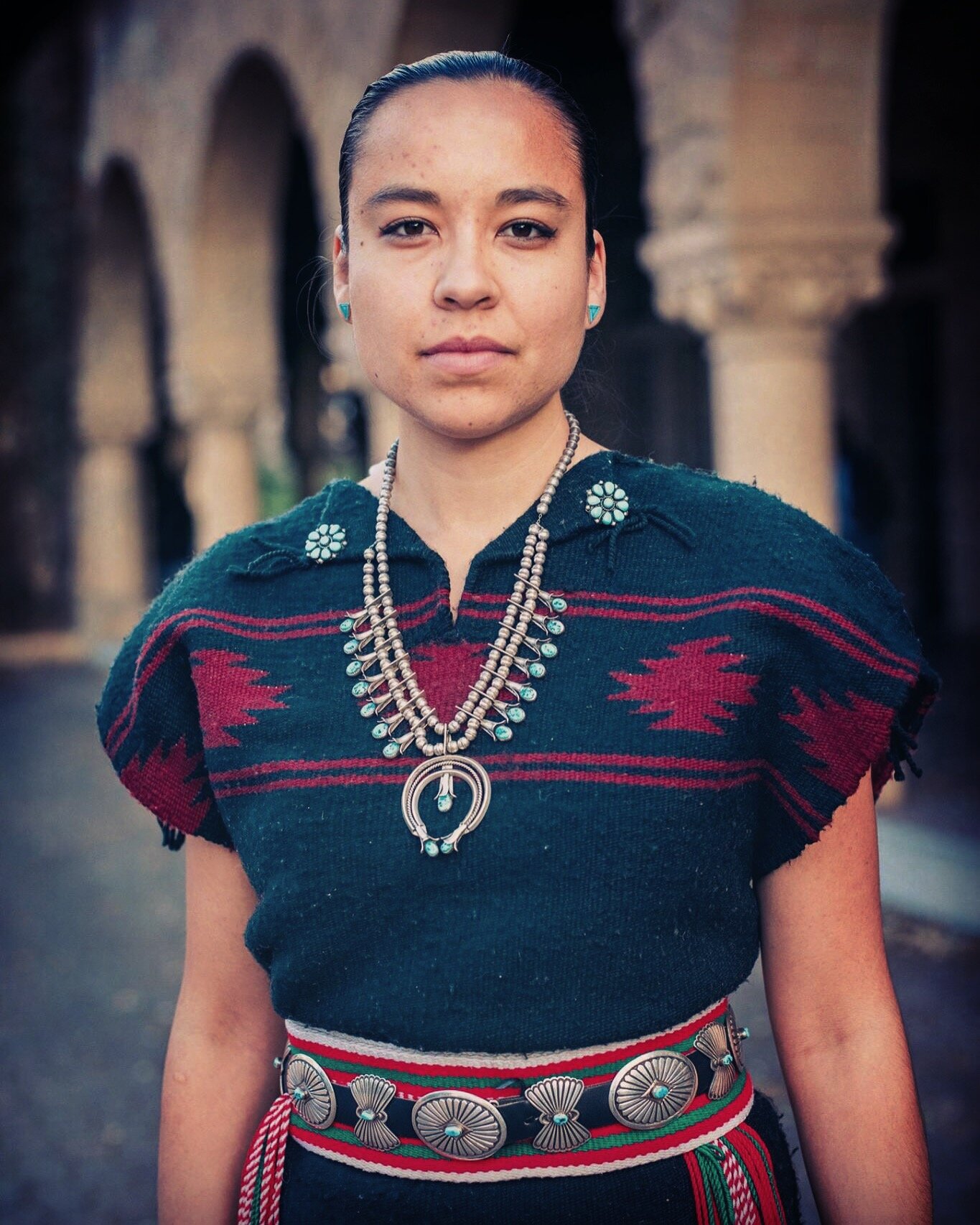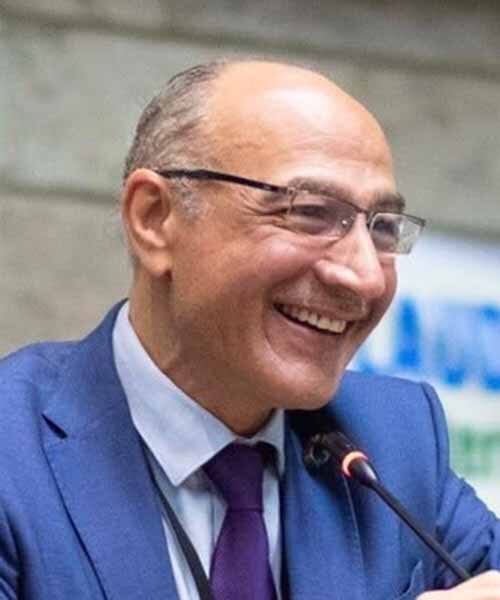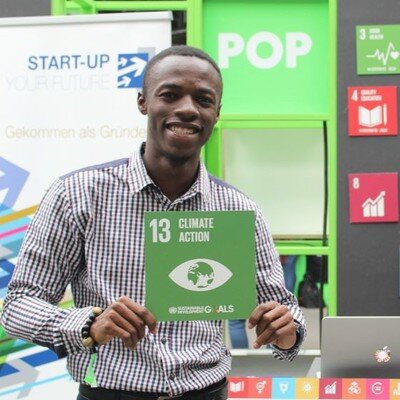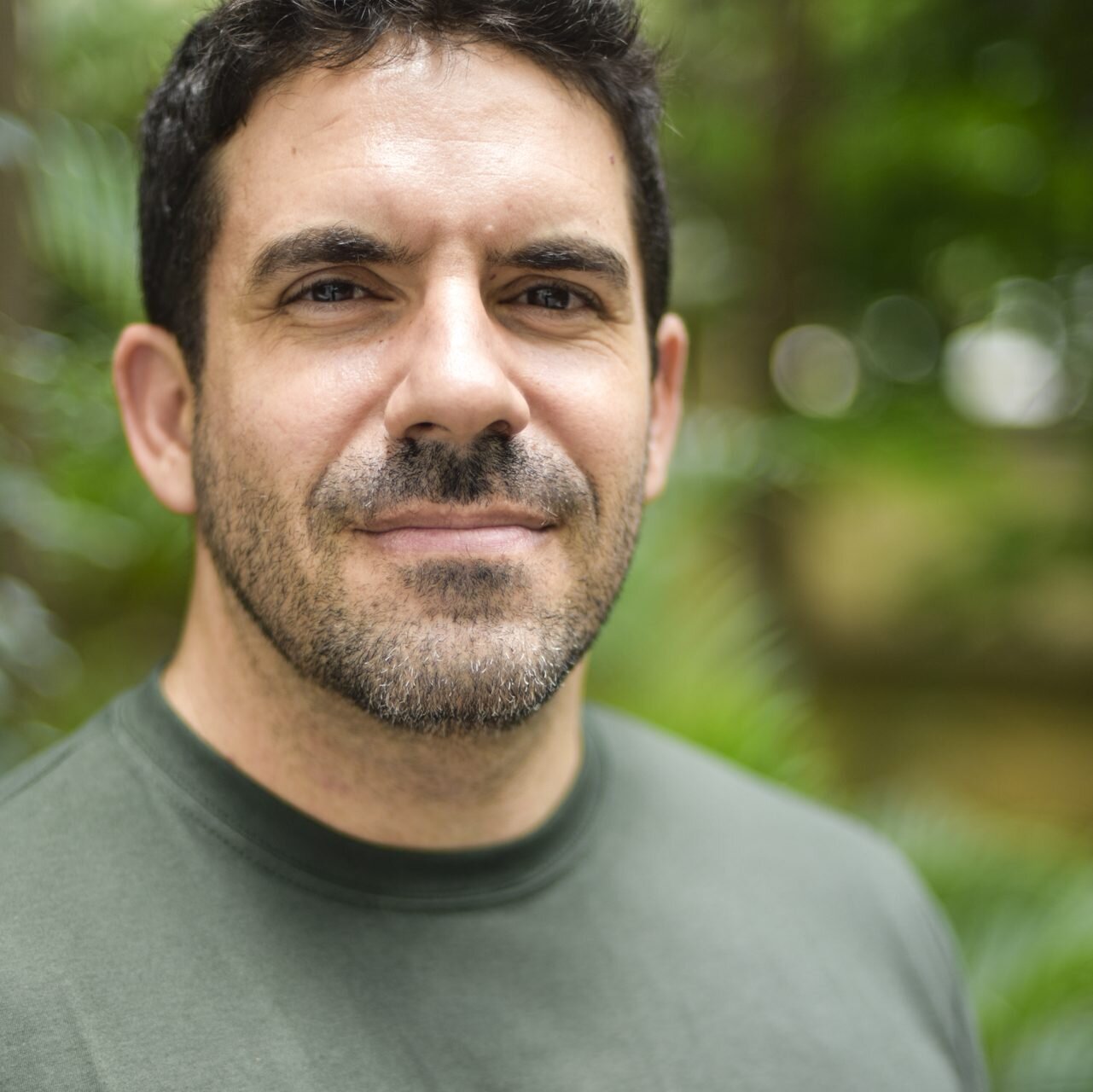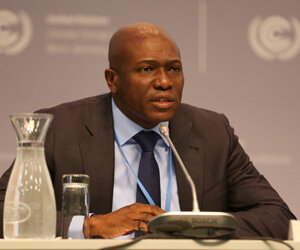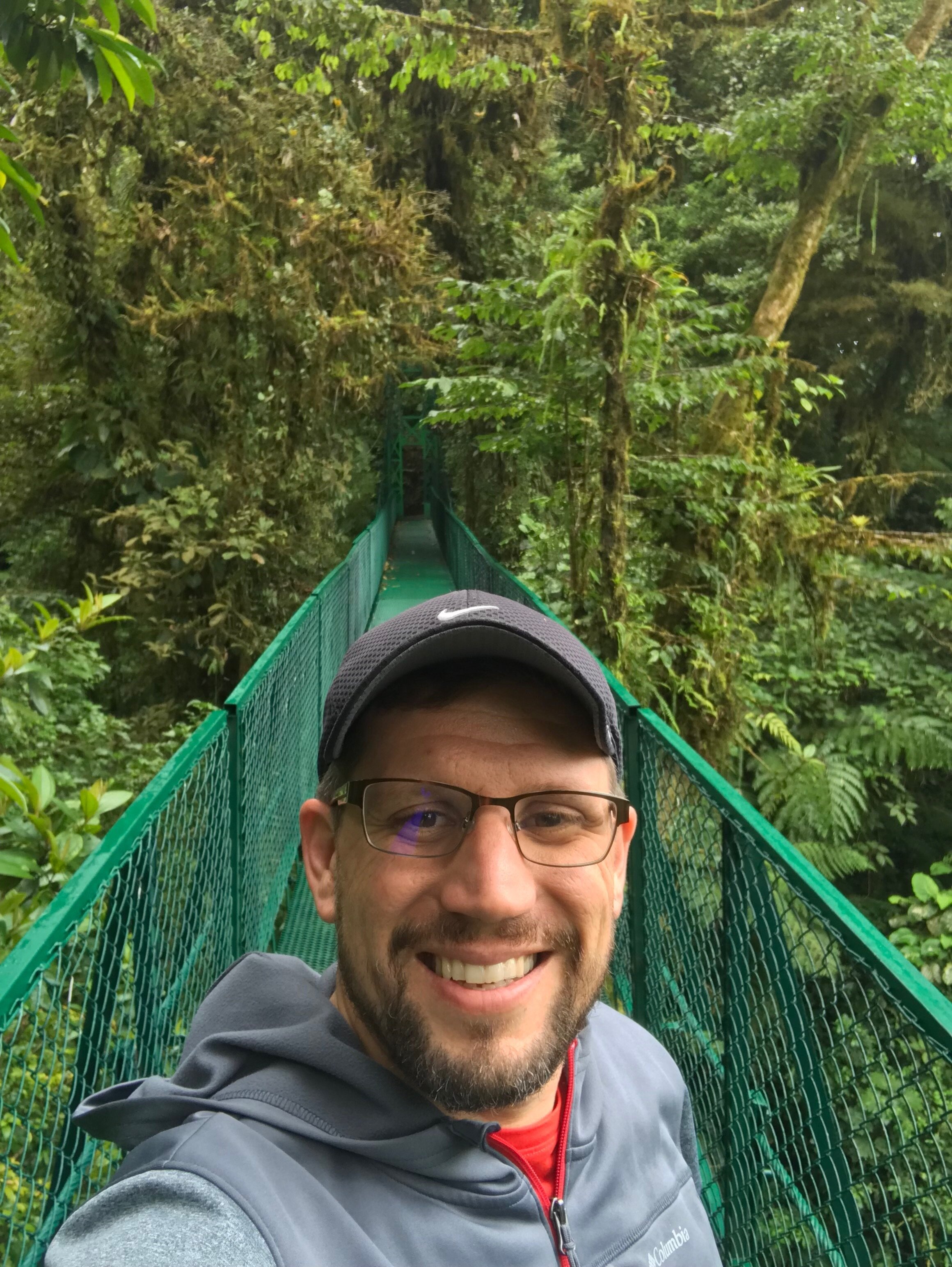Interfaith Statement Virtual Release
To contribute to the UN Food Systems Summit, the Faith + Food Coalition hosted five separate interfaith, multi-stakeholder dialogues corresponding to each of the five Action Tracks. The objective of the dialogues was to explore how faith communities - including Indigenous communities - can support the transformation of global food systems to being sustainable, accessible, equitable, and regenerative. From those dialogues, FFC created an Interfaith Statement to reflect the principles and Calls to Action laid out by our speakers.
Join us as we announce the statement, and hear feedback and reflections from dialogue speakers and FFC members
WHO Health Week - Faith + Food Reflections
To contribute to the UN Food Systems Summit, the Faith + Food Coalition hosted five separate interfaith, multi-stakeholder dialogues corresponding to each of the five Action Tracks. The objective of the dialogues was to explore how faith communities - including Indigenous communities - can support the transformation of global food systems to being sustainable, accessible, equitable, and regenerative. This panel will reflect on the dialogues and offer insights into increased faith engagement leading up to the Food Systems Summit and beyond.

Empowering Local Communities
Focus
As the world has globalized the hubs responsible for providing basic needs have become monopolized, less diverse, and more dispersed to such a degree that just five countries are responsible for 60% of the world’s food supply. Building resilience to climate shocks means directing financing for local agro development, increasing equitable access, and engaging local Indigenous and community growers to produce bioregional appropriate foods that can be supplemented by world markets.

Farm and Food Worker Rights
COVID-19 has been especially challenging for frontline food and farm workers who are expected to maintain global food systems with limited protections or compensation. The pandemic exacerbated working conditions for individuals who were already vulnerable to systemic inequality and exploitation. The focus of the Faith and Food Dialogue for Action Track 4 will engage the question of how our food systems need to change in order to be more just, equitable, and humane for the workers who keep food on the world’s table.

Regenerating the Earth
Our appetite is overwhelming the planet. Increased global demand for animal proteins and sugars and other crop types all part of the “cheaper food” production paradigm is driving ecosystem loss globally to make way for crops and pasture lands. This dialogue will examine the intersection of food production, biodiversity, and ecosystem health.

Healing the Earth, Healing our Bodies
The globe is facing a dual health crisis: hunger and poor diet. Both are functions of an imbalanced system that creates scarcity to foster excess. The global adoption of a heavy diet of salt, sugar, and red meat creating with it mass ecosystem destruction and global health issues. Healing will only come from balance and by moving away from global extraction that poisons the water and land we depend upon. Due to the ubiquitous influence of the industrialized food system, there is also more need for education and awareness about ways to prepare healthy foods.

Food Security, Access, and Justice
Food insecurity is on the rise in some of the world’s most developed countries and yet in these same countries an overabundance of unhealthy food options is driving rates of high cholesterol, diabetes, and heart disease. There is an immediate need to improve food quality, reduce waste, reduce marketing of unhealthy foods and ultra-processed foods in low-income communities and developing countries. Simultaneously there must be an increase in equitable access to nutritious, culturally appropriate foods that are produced agroecologically and minimize climate change impacts.
Speakers
Register for the Dialogue Series!
Register here and we’ll keep you updated on dates and times and links for the dialogues


